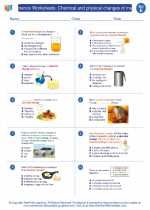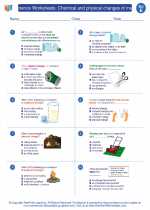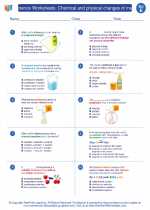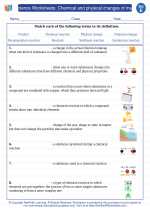Red Blood Cells
Red blood cells, also known as erythrocytes, are the most common type of blood cell in the human body. They are responsible for carrying oxygen from the lungs to the rest of the body and transporting carbon dioxide from the body's tissues back to the lungs for exhalation.
Structure of Red Blood Cells
Red blood cells are small, biconcave disc-shaped cells that lack a nucleus and most organelles, allowing for more space to carry oxygen. They are filled with hemoglobin, a protein that binds to oxygen and gives the cells their red color.
Function of Red Blood Cells
The primary function of red blood cells is to transport oxygen to the body's tissues and organs. They achieve this through the reversible binding of oxygen to hemoglobin, forming oxyhemoglobin. Additionally, red blood cells also play a role in the transport of carbon dioxide back to the lungs for exhalation.
Production of Red Blood Cells
Red blood cells are produced in the bone marrow through a process called erythropoiesis. This process is regulated by the hormone erythropoietin, which is produced by the kidneys in response to low oxygen levels in the blood.
Study Guide
.◂Science Worksheets and Study Guides Fifth Grade. Science Worksheets: Chemical and physical changes of matter

 Worksheet/Answer key
Worksheet/Answer key
 Worksheet/Answer key
Worksheet/Answer key
 Worksheet/Answer key
Worksheet/Answer key
 Vocabulary/Answer key
Vocabulary/Answer key
